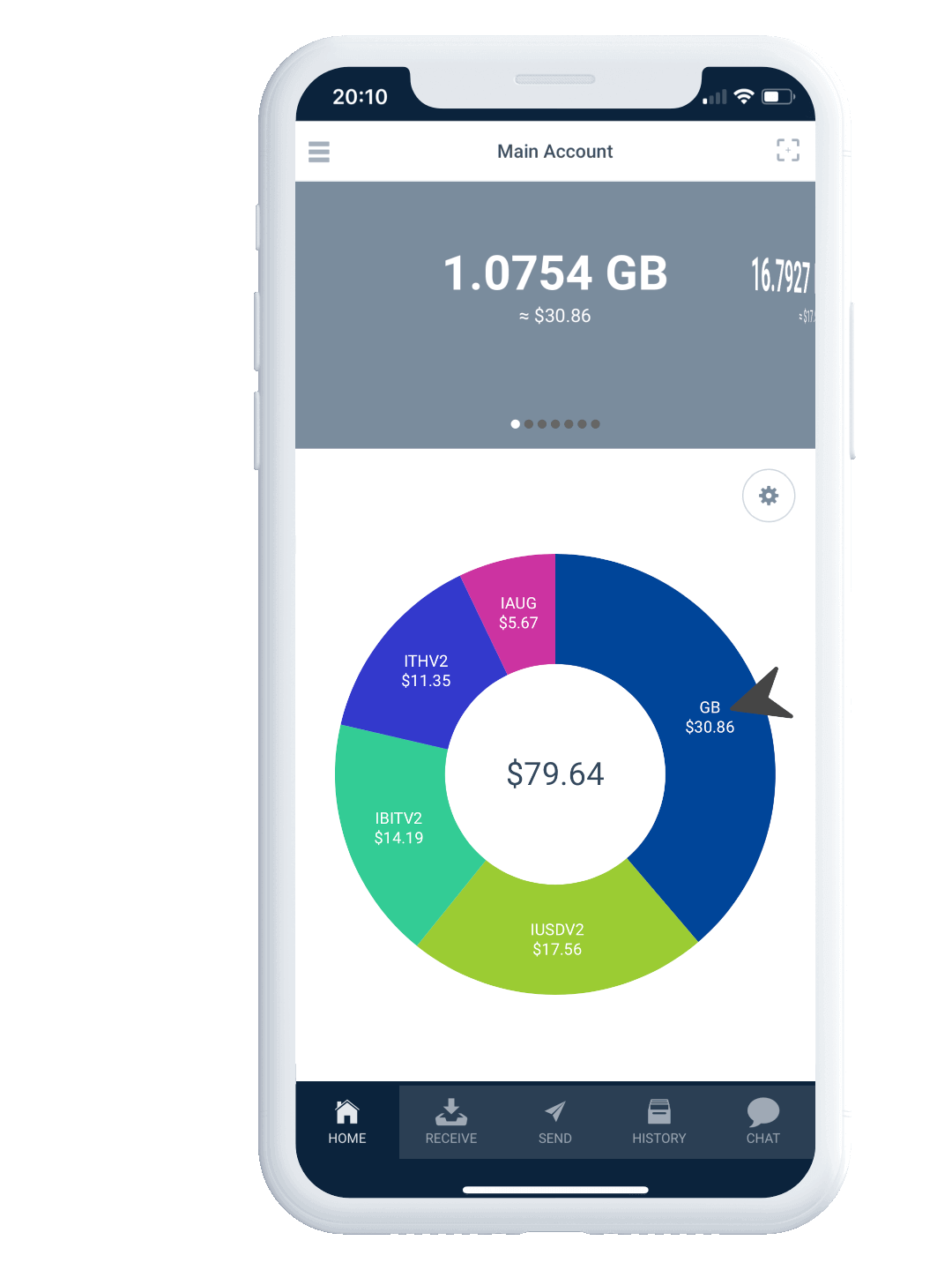Obyte for developers
Imagine a global, ownerless, shared database any app can freely read from
const objUnit = await storage.readUnit('Xrs9FcyJ6F/54BM2D4HCT1RQOoiXHCs/AlNRd/dNXoo=');
const data = objUnit.messages.find(m => m.app === 'data').payload;
and write to, for a fee equal to the size of data being written
let unit = await sendData({ payload: { event: "Let there be light!", year: 0 } });
Imagine a global, ownerless, shared payment medium that apps use to sell their APIs to each other
const objPaymentPackage = await payPerCallClient.createPaymentPackage(amount);
const body = JSON.stringify({
param1: param1,
param2: param2,
paymentPackage: objPaymentPackage
});
const response = await fetch('https://domain.com/some/paid/service', {
method: 'POST',
headers: { 'Content-Type': 'application/json' },
body: body
});
and the currency is also global, ownerless.
Imagine ownerless, shared, unstoppable apps that send/receive payments and read/write data strictly according to code
{
app: 'payment',
payload: {
asset: 'base',
outputs: [
{address: "{trigger.address}", amount: "{ var[$id || '_collateral'] }"}
]
}
},
This is the space Obyte developers work in. And there are lots of tools to navigate this space and lots of building blocks to build on it.
